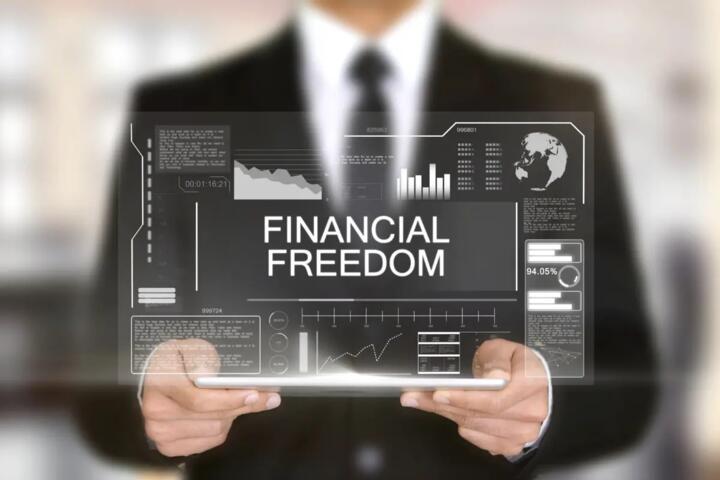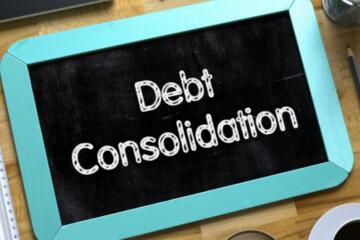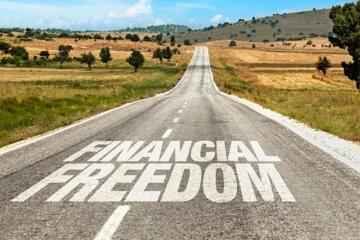Living debt-free is a liberating experience that offers financial stability, peace of mind, and the opportunity to pursue your dreams. However, achieving this goal requires a strategic approach and commitment. By implementing effective debt management strategies, you can work towards eliminating your financial obligations and enjoying the benefits of a debt-free life.

Assess Your Financial Situation
The first step towards being free from debt is to assess your financial situation. Make a list of all your debts, including the amount owed, interest rates, and minimum payments. This will give you a clear picture of your financial obligations and help you create a plan to tackle them.
Create a Budget
Developing a budget is crucial for managing your finances and paying off debt. Track your income and expenses to identify areas where you can cut back and allocate more funds towards debt repayment. Use budgeting tools or apps to help you stay on track and make adjustments as needed.
Prioritize Debt Repayment
There are two common methods for prioritizing debt repayment: the debt snowball and the debt avalanche.
-
Debt Snowball Method: With this method, you focus on paying off your smallest debts first, regardless of interest rates. Once the smallest debt is paid off, you move on to the next smallest, and so on. This approach can provide a sense of accomplishment and motivation as you see your debts disappear one by one.
-
Debt Avalanche Method: The debt avalanche method involves paying off your highest-interest debts first. This approach can save you money on interest charges in the long run. Make minimum payments on all your debts, but allocate any extra funds towards the debt with the highest interest rate.
Increase Your Income
Finding ways to increase your income can accelerate your debt repayment. Consider taking on a side job, freelancing, or selling unwanted items. The extra money can be used to make larger payments towards your debts, helping you pay them off faster.
Negotiate with Creditors
If you're struggling to make payments, consider negotiating with your creditors. They may be willing to lower your interest rate, waive fees, or set up a more manageable payment plan. Communicating openly with your creditors can help you find a solution that works for both parties.
Consolidate Debt
Debt consolidation involves combining multiple debts into a single loan with a lower interest rate. This can simplify your repayment process and reduce the overall cost of your debt. However, be cautious and ensure that the terms of the consolidation loan are favorable and will truly help you pay off your debt faster.
Build an Emergency Fund
While paying off debt, it's important to build an emergency fund. This can help you avoid taking on more debt in case of unexpected expenses. Aim to save at least three to six months' worth of living expenses in a separate savings account.
Seek Professional Help
If your debt situation feels overwhelming, don't hesitate to seek professional help. Financial advisors and credit counselors can provide guidance and support to help you manage your debt effectively. They can offer personalized advice and strategies tailored to your unique financial situation.
Stay Motivated and Accountable
Paying off debt is a journey that requires commitment and perseverance. Stay motivated by setting small, achievable goals and celebrating your progress along the way. Consider finding an accountability partner or joining a support group to keep you on track.
In conclusion, achieving financial freedom and being free from debt is a realistic goal with the right strategies and commitment. By assessing your financial situation, creating a budget, prioritizing debt repayment, and seeking professional help when needed, you can work towards eliminating your debts and enjoying the benefits of a debt-free life. Take control of your finances today and pave the way to a more secure and prosperous future.





